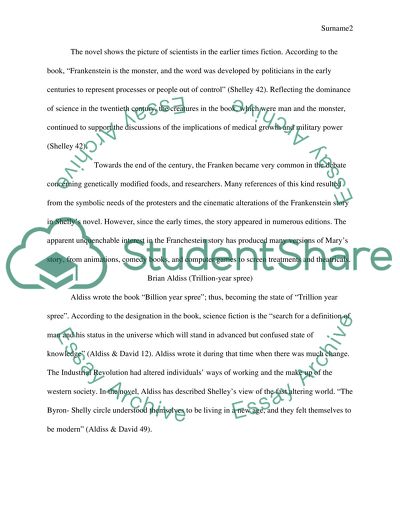Cite this document
(“Early development of science fiction Research Paper”, n.d.)
Retrieved from https://studentshare.org/literature/1592865-early-development-of-science-fiction
Retrieved from https://studentshare.org/literature/1592865-early-development-of-science-fiction
(Early Development of Science Fiction Research Paper)
https://studentshare.org/literature/1592865-early-development-of-science-fiction.
https://studentshare.org/literature/1592865-early-development-of-science-fiction.
“Early Development of Science Fiction Research Paper”, n.d. https://studentshare.org/literature/1592865-early-development-of-science-fiction.


